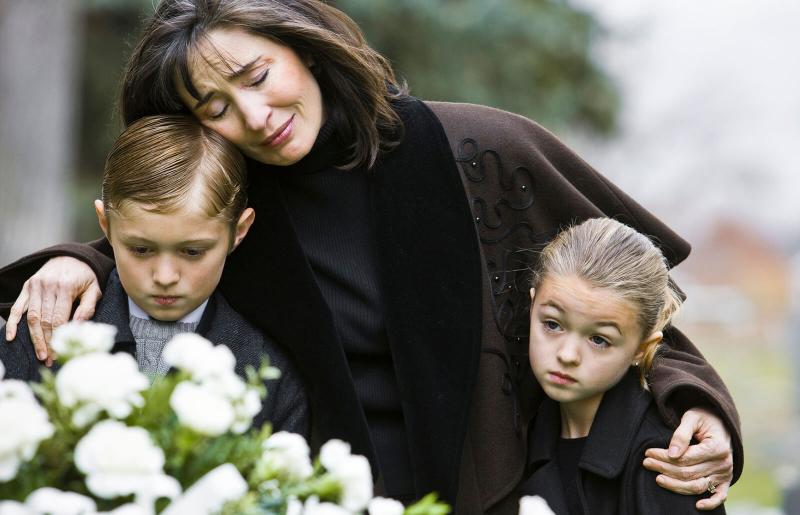The loss of a spouse is absolutely devastating and requires one of the biggest life adjustments you’ll ever have to make. Many therapists agree that this great loss and new identity can take at least three years to adjust to, and often much longer.
|
AuthorDORICE NEIR Archives
March 2024
Categories |

 RSS Feed
RSS Feed